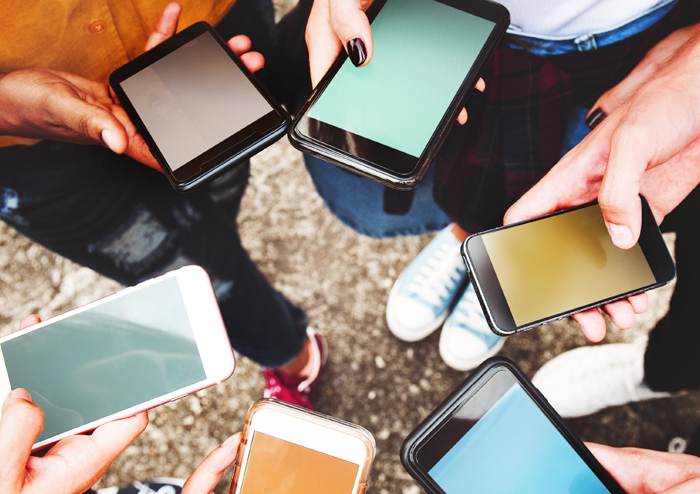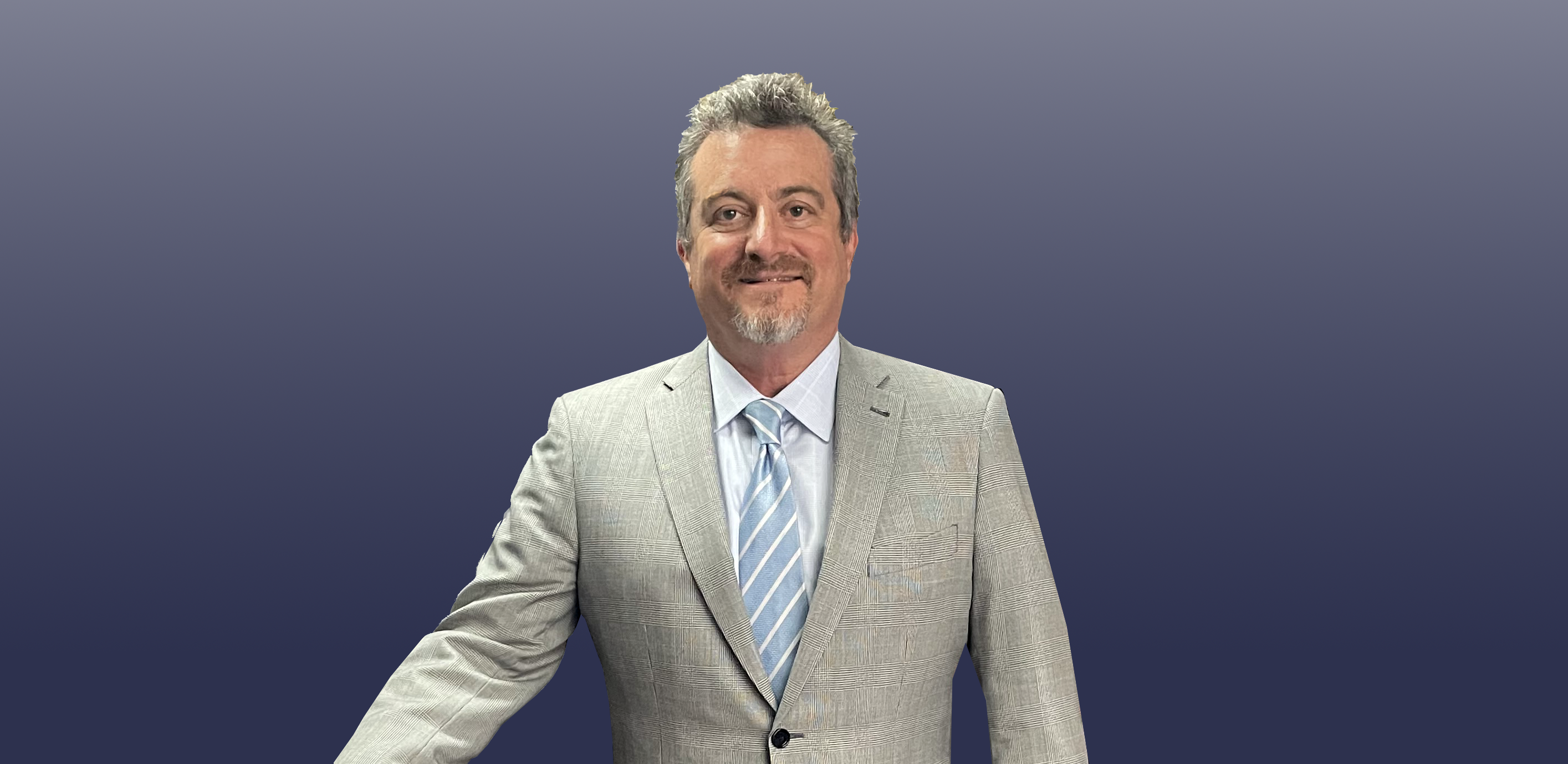
Let’s face it. Most of us are using social media in some form. We use Facebook to keep track of friends and family. Twitter to find out what’s happening right now. Instagram to share our vacation photos. TikTok, Snapchat, Facebook Live, and YouTube to capture videos of our life.
In many ways, social media increases our quality of life. Your cousin’s son’s birthday party in Atlanta doesn’t feel so far away when you get a first-hand view into the action. It almost feels like you were there. Social media keeps us closer to the people we care about while also letting us share more of our lives.
It’s all well and good until you or someone you’re close to is involved in a personal injury case.
What Could Happen If You Post to Social Media After An Accident?
Imagine this picture: You’re injured in a car accident and spend a week in the hospital with serious injuries. The other driver was at fault. While your attorney is working to demonstrate how serious the accident was, your injuries have affected almost every area of your life. You lost your job. Walking up the stairs to your building is painful. You can’t drive and can’t play with your kids.
The case is strong. But you’re still on social media. You don’t want your friends and family to feel sorry for you. You want to look like you’re living your best life. So posting pictures from Yankee Stadium or a family picnic seems like a good idea. You want to feel normal and you want everyone to see the best version of you. There’s nothing wrong with living life and trying to get back to normal. But photos of your “normal” life can be used to demonstrate you weren’t seriously injured.
Stories like this are all over the internet. Someone is injured, files a lawsuit, and is caught on the ski slopes a couple of weeks later. We don’t live in an era of privacy. In NYC, most of our daily movements are caught on surveillance camera. And what isn’t captured in public, we ourselves collect as selfies or “living my best life” photo albums.
Should I Post After An Accident?
When it comes to personal injury lawsuits, I take pride in choosing cases wisely and helping people who are truly injured. I work hard for people who deserve compensation for injuries. That’s why I strongly recommend not posting to social media after an accident. You’re creating evidence that could be used to contradict your claims, even if you did nothing wrong.
How Soon Can I Post After An Accident?
My general guidance is to not post until the settlement is completely finalized. When a personal injury lawsuit is filed against a company, there are a team of investigators whose job is to research. Their goal is to find any evidence that could absolve the company of responsibility. Injured victims who post in social media make it very easy for investigators to paint a picture of health and vitality. These investigators will also look to your social connections for photos of you. That’s why it’s so important to stay off social media and make sure photos of you aren’t posted by others.
Social Media Rules:
- Tell close friends and family about the accident privately and ask them not to post about it.
- Don’t post about the accident in any social media, public or private.
- Don’t personally answer questions about your accident on other people’s pages.
- Ask that close friends and family discourage public discussion and delete comments about your accident on their pages.
- Make all social media accounts private or turn off accounts temporarily.
- Don’t post in forums, groups, or comments sections even if you think you’re anonymous.
- Don’t respond to other people in social media, and do not like or share other people’s posts.
- Ask your family to not post photos of you on their social media, even on holidays.
- If you attend a get-together, beware of photos posted on your friends’ or relatives’ social media.
- Consider carefully what photos you’re taking on your camera roll, even if you’re not planning to post them.
- Wait until your attorney tells you it’s okay to start posting again. That will generally be after you’ve received a settlement.
It may feel difficult to stop sharing your life and engaging with friends and family publicly, but it’s more important that you don’t give a false impression of being healthy and active when you’re actually in pain. There are so many ways you could be hurting and suffering from an injury but still have the ability to go through daily life looking normal.
Remember that a photo is just a snapshot in time. You could be suffering deeply on the inside, but the camera only captures the moment it can see. In this case, a picture truly is worth a thousand words.


